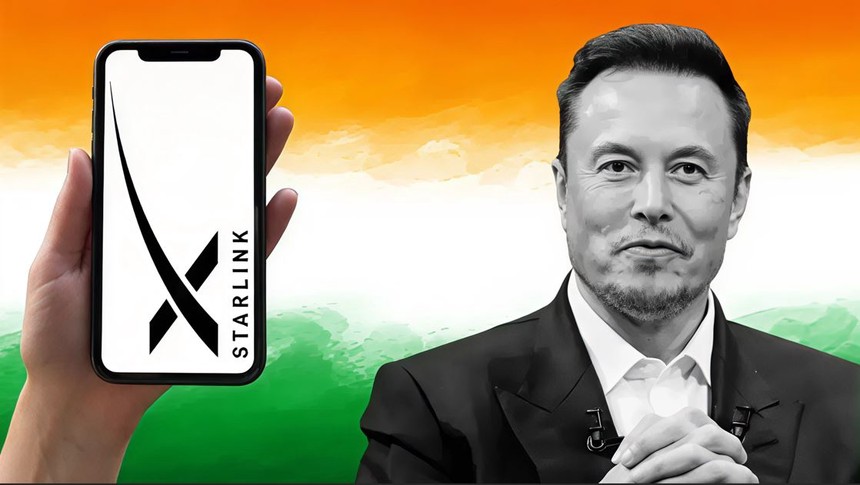India is about to write rules that will echo through both film and technology. Representatives from major studios and local producers have urged a government panel to require licenses when AI companies want to train models on film and series content. The argument is straightforward. Movies and shows are the result of enormous investment and creativity. Letting a model absorb them without permission and then generate competitive outputs would be a free ride on other people’s work. The counter argument from some AI quarters is that broad exceptions enable innovation and that training is a form of analysis rather than copying. The panel’s recommendation will push the debate from opinion into regulation.
Why does this matter so much. Because training data shapes model behavior. If a model freely ingests thousands of hours of cinematography, dialogue patterns, score cues and editing rhythms, it becomes better at replicating those styles. That may be thrilling for hobbyists and small studios with no budget, but it scares rights holders who see a path where AI generated content competes for attention without paying the creators who taught it. Licensing creates a market. It lets content owners decide who gets access, at what price and under what conditions. It aligns incentives by turning training into a revenue stream instead of a quiet extraction.
There are also consumer trust issues in the mix. Deepfake actors, synthetic trailers and voice clones have already shown how quickly a playful experiment can turn into a reputational mess. Clear rules and licensing regimes make it easier to enforce takedowns when a model crosses a line and to negotiate access for projects that do it right. For a country with a massive film culture and a fast growing streamer base, setting strong, predictable rules early is better than trying to patch chaos later.
What could a sensible framework look like. A licensing regime with tiers based on purpose and scale. Research access with strict non commercial limits and watermarking. Commercial access with fees, usage caps, output restrictions and audits. Firm opt out rights for creators and performers. Traceability that records which datasets trained which models. Penalties that bite when companies ignore the rules. And carve outs for parody and commentary that honor free expression without letting bad actors hide behind the label.
Technology companies will push for clarity on fair use like exceptions, on the practicality of dataset audits and on the cost of compliance. Some will offer partnerships that give studios co branded tools in exchange for training rights. Others will develop retrieval based systems that reference content at inference time without training on it, promising stronger control and royalty models. Expect a hybrid future where different techniques carry different obligations.
What should studios and creators do right now. Inventory your catalogs and contracts. Tag content with rights metadata, including performer consent for synthetic use where you have it and clear exclusions where you do not. Build private datasets for authorized training with robust security. Pilot internal tools for script analysis, asset search and marketing so teams feel the upside of AI while policy catches up. Prepare a licensing menu that spells out access, price and guardrails for partners. You want to walk into the new regime ready to sign, not start from zero.
For startups and research labs, the message is to engage early. Propose transparent training logs, watermarking, and synthetic content disclosures. Offer to build creator dashboards that show where their work appears in training sets and how it influences outputs. If you treat the industry like a partner rather than a data mine, you will find doors open even in a stricter regime.
This is not a fight between old and new. It is a negotiation about value and consent in a world where models learn by example. India has a chance to design something workable that other markets may study. Done well, it protects creativity, fuels innovation and avoids endless court battles. Done badly, it will push activity into the shadows and slow useful tools that filmmakers would love.
The stakes are high because culture is involved. People care about the faces, voices and stories that shape their lives. Rules that respect that care will age well. Everything else will get rewritten.
Follow Tech Moves on Instagram and Facebook for policy trackers, creator tool reviews and simple explainers you can share with your legal team.














